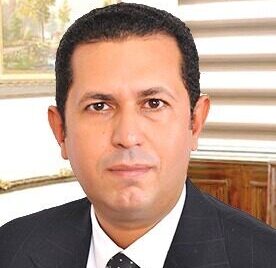The July 3 assassination of Hamas’ political leader, Ismail Haniyeh, in Tehran will have its toll on the future of his movement which underwent major transformations in recent years.
Throughout the current war in Gaza, precipitated by Hamas’ attacks on settlements and military bases in southern Israel on October 7 last year, Haniyeh evolved into a mere coordinator between Hamas’ different wings from an effective leader of the movement.
While the Hamas leadership inside Gaza focused on commanding battles against the invading Israeli army, Haniyeh, living in Qatar for years, had been the face of Hamas’ international diplomacy.
He took part in internationally brokered indirect talks with Israel on a ceasefire and a prisoner/hostage swap deal.
Nevertheless, Qassam Brigades, Hamas’ military wing which is commanded by Yahya Sinwar, formulated the war strategies and made battlefield decisions, even under mounting international pressure on the movement.
Now, Sinwar’s control over Hamas and its military wing becomes tighter, especially after Haniyeh’s death. This, however, apparently raises concern among some factions of the Gaza-ruling movement.
Some people view the October 7 attacks’ decision as ‘disastrous’, given the all-out destruction it caused to Gaza.
The same decision, they say, has undermined two decades of construction efforts in the coastal Palestinian enclave.
The same people believe that Hamas is badly in need of re-evaluating its strategy and reshaping itself as a political movement that needs a greater diplomatic dimension.
Hamas’ political future will largely depend on how Haniyah’s successor will deal with the fallout from the war in Gaza.
Mr Sinwar’s appointment as the new political leader of Hamas shows that his movement remains steadfast in the battlefield and in politics.
Nevertheless, there remains a question about the extent to which Qassam Brigades will be ready to back the new leader, if he decides to inch towards diplomacy and away from fighting.
After all, the people of Gaza suffered enormously because of the current war and they hope the new leader of the Gaza-ruling group will put an end to this suffering.
This makes one assume that Hamas’ political future hinges primarily on the ability of its new leader to shift from arms to diplomacy.
It is also important to note that conflicts within Hamas will significantly have an impact, not only on the future of the movement, but also on the future of the whole of Palestine.
Mohamed Fahmy is the editor-in-chief of The Egyptian Gazette and Egyptian Mail newspapers






Discussion about this post